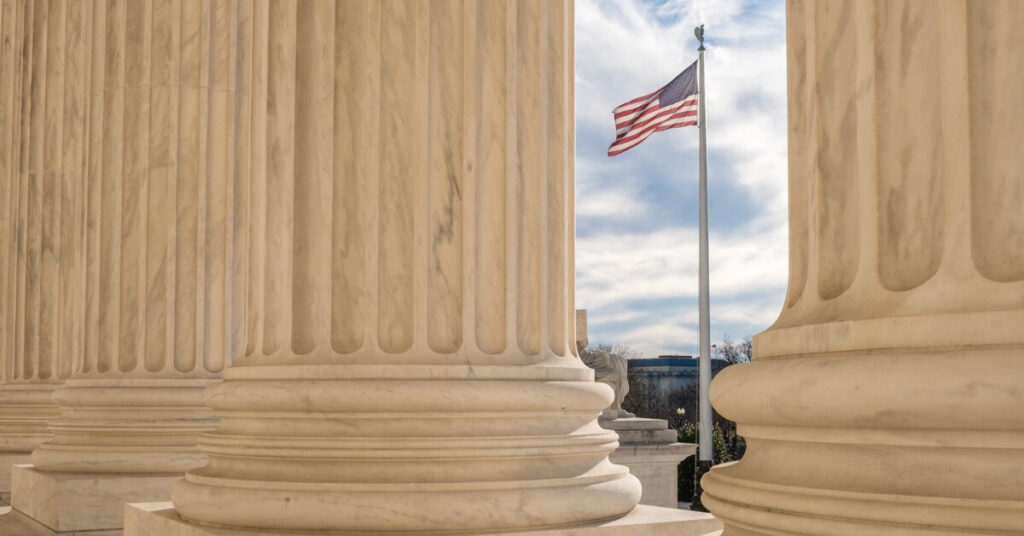The Chevron deference was a 40-year-old Supreme Court ruling that allowed government agencies to prioritize public safety and reasonable policy. On June 28th, this ruling was overturned by a vote of 6-3.
Up to this point, many of us have most likely never heard of the Chevron deference. You might be wondering, “If I don’t even know what it is, why is its overturn such a big deal?”

What is the Chevron Deference?
In short, the Chevron deference gave government agencies the liberty of interpreting parts of laws passed by Congress that were unclear or ambiguous.
It was considered legal bedrock, meaning that it served as a foundation for many bureaucratic decisions that most of us took for granted. While it may not have been on our radars before due to the consistent nature of its application, we will definitely feel the impact of that consistency being upended. Some believe this change will be good, and some believe this change will be bad, but the experts all seem to agree that whatever happens, change will come.
The Impact of The SCOTUS Ruling
This ruling is predicted to significantly impact bureaucratic agencies’ implementation of federal laws. In the past, agencies consulted their own field experts when deciding how to carry out a vague congressional instruction.
However, now that the Chevron deference has been overturned, a judge will decide how these laws will be carried out. While the agency will still be able to argue their expert opinions in court, they won’t have the final say on how these laws are carried out. Legal experts have predicted a large increase in the number of cases over regulatory policy, as this ruling will most likely encourage corporations to dispute agency decisions.
The Supreme Court justices stated that the ruling will only affect future policy changes, so anything enacted before the ruling will remain unchanged. This gives companies a bit of time to adjust their future plans to this change, as most organizations won’t feel the effects until a new policy comes around.
How the Chevron Deference Ruling Impacts OSHA
As a federal agency, OSHA is anticipated to be affected by this ruling in a few ways.
Passing any OSHA standard will take even longer than it already does (which is saying something).
The agency will want to avoid being taken to court and may spend more time and resources on avoiding an expensive case rather than carrying out policy in a timely manner. There is also a chance that these standards will be less effective, as congress members may intentionally write more specific laws in order to avoid court involvement in the legislation process.
These congress members are almost certainly not experts in said field and will have to make their own assumptions on complex topics that they would have left to industry professionals in the past.
We may see a decrease in federal workplace protections overall, which could have an impact on employee safety and industry worker dynamics.
How might these changes affect your workplace?
If federal legal interpretations are taken out of OSHA’s hands, there may be unclear direction, which will lead to an increase in on-the-job employee injuries.
That doesn’t mean, “Cancel your safety programs because nobody cares anymore.” Quite the opposite. Workers will still seek out workplaces that demonstrate they value employee safety. So, stay ahead of the curve and zero in on your hazard prevention plans.
Labor and Employment Attorneys, Fisher Phillips, remind us, “Don’t forget about state and local laws. Even if a court interprets a federal statute in a way that helps smooth a path for you, there is no guarantee that state laws will follow suit. In fact, you may see some state lawmakers and regulators push for increased regulation given the softening that will soon exist at the federal level.”
Now more than ever, it is important to focus on workplace safety so that you can stay ahead of whatever bends in the road the Chevron overturn brings.
